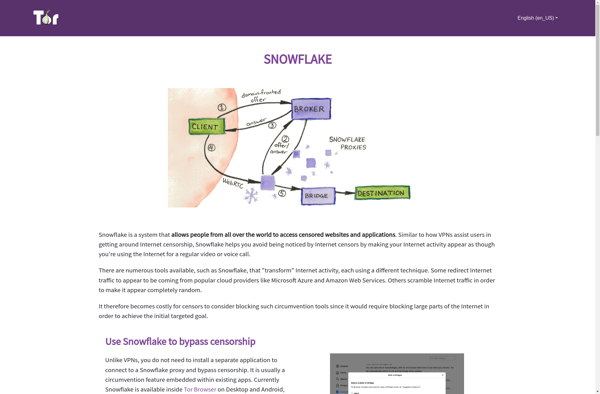Proxy Server
Proxy Server: Secure Internet Access
A proxy server acts as an intermediary between client devices and the internet. It serves as a gateway through which internet requests from clients are routed. Proxy servers provide benefits such as caching, filtering content, enhancing security and privacy.
What is Proxy Server?
A proxy server is a type of computer system or software that acts as an intermediary between client devices, such as computers, phones, or tablets, and the wider internet. Proxy servers serve as an access point, gateway, or connection path through which requests from clients are routed in order to reach the internet.
When a client device connects to the internet through a proxy server, the connection request is routed through the proxy server rather than directly accessing an internet server. This allows the proxy server to act as a gateway, circuit relay, or portal between the connecting device and the internet. The main purpose of a proxy server is to filter requests, improve performance, enhance security, increase privacy, and sometimes alter requests or responses.
Some of the key benefits and uses of proxy servers include:
- Caching - Proxy servers can store cached versions of frequently accessed data and serve this content to clients without having to access the internet, which improves loading speeds and saves bandwidth.
- Anonymity and privacy - Proxy servers can hide the IP addresses of connecting devices, which helps improve privacy and anonymize internet activity.
- Content filtering - Proxy servers may offer filtering of certain content types, which helps control access and block unwanted or inappropriate websites and data.
- Improved security - Proxy servers protect client devices from cyberattacks by acting as an intermediary layer between devices and the internet.
There are various types of proxy servers, including transparent proxies, reverse proxies, open proxies, forward proxies, and more. Proxy servers are commonly used in schools, businesses, ISPs, and other organizations to monitor usage, optimize bandwidth utilization, and enhance security across networks.
Proxy Server Features
Features
- Caching web content to improve performance
- Filtering and blocking specific web content
- Enhancing security and privacy by masking client IP addresses
- Logging and monitoring internet usage
- Load balancing and distributing traffic across multiple servers
- Providing access controls and authentication mechanisms
Pricing
- Free
- Freemium
- One-time Purchase
- Subscription-Based
- Open Source
Pros
Cons
Official Links
Reviews & Ratings
Login to ReviewThe Best Proxy Server Alternatives
Top Network & Admin and Networking Tools and other similar apps like Proxy Server
Here are some alternatives to Proxy Server:
Suggest an alternative ❐Tor Browser

HMA Free Proxy

CyberGhost VPN

PreProxy
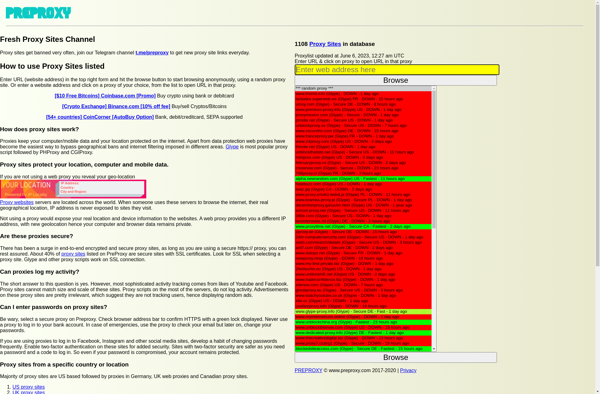
ZenMate
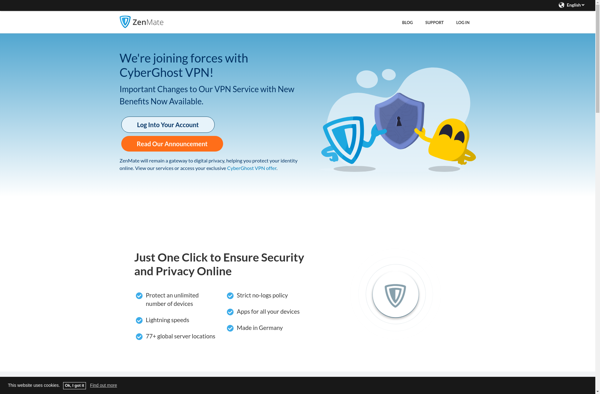
Avast SecureLine VPN
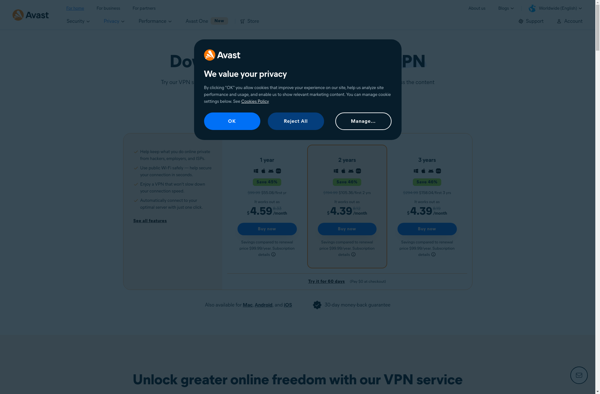
Zalmos Web Proxy
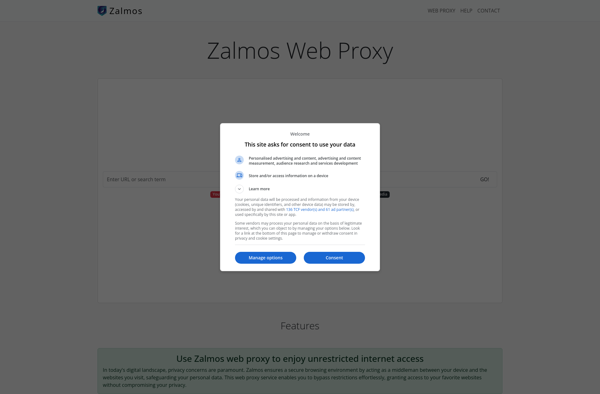
PirateBrowser
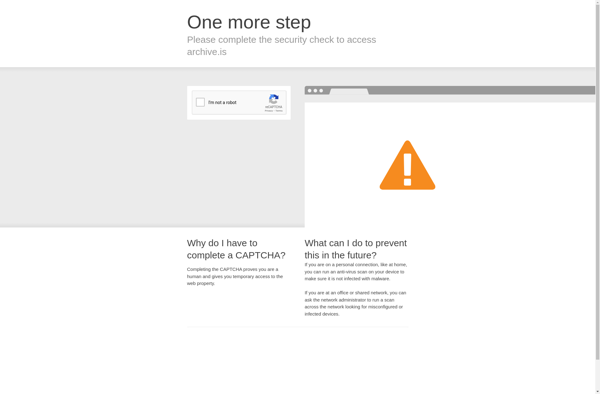
Proxybear
Snowflake Tor
